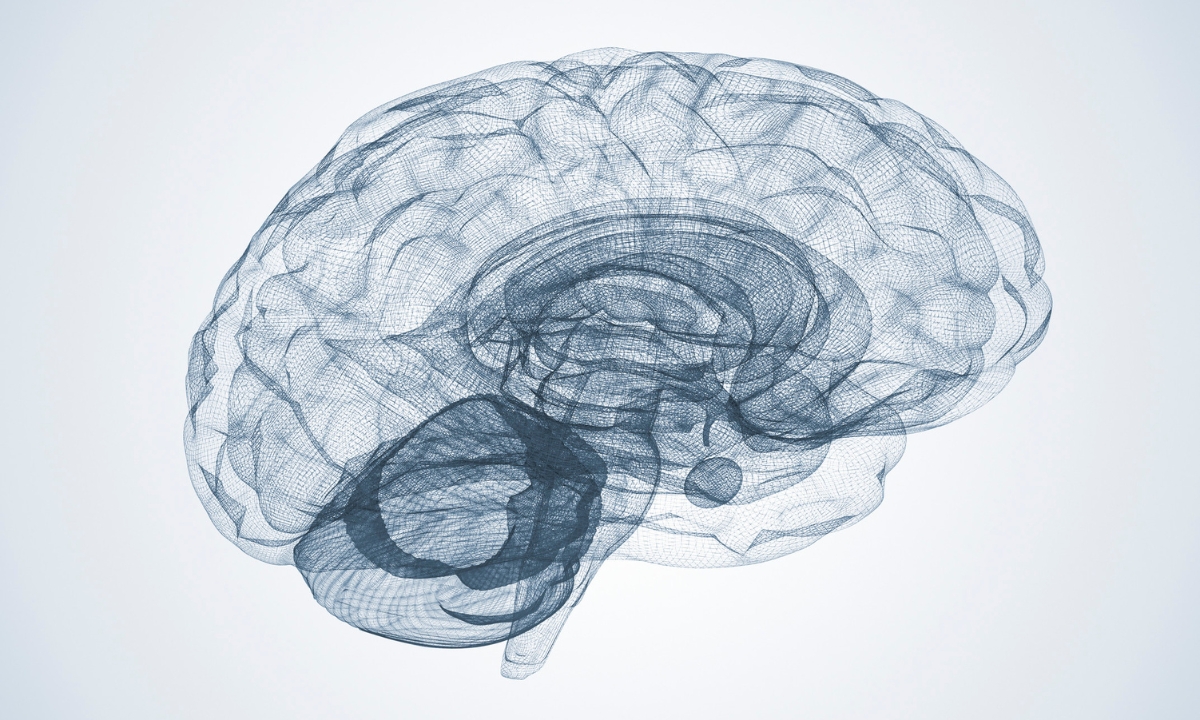Dementia is a complex and often misunderstood condition that affects millions of people worldwide. According to the World Health Organization (WHO), around 55 million people live with dementia, and there are nearly 10 million new cases every year. As the global population ages, these numbers are expected to rise. Understanding dementia, its symptoms, and how specialized in-home care from Reliant can support both your loved one and your family is crucial for providing compassionate and effective care.

What is Dementia?
Dementia is not a single disease but an umbrella term that describes a range of symptoms affecting memory, thinking, and social abilities severely enough to interfere with daily life. Alzheimer’s disease is the most common cause of dementia, accounting for 60-80% of cases. Other types include vascular dementia, Lewy body dementia, and frontotemporal dementia.
Common Symptoms of Dementia
Dementia symptoms vary depending on the cause but generally include:
- Memory Loss: One of the most recognizable symptoms, especially difficulty recalling recent events.
- Confusion: Disorientation about time, place, and even personal identity.
- Communication Problems: Struggling to find the right words or follow conversations.
- Difficulty with Complex Tasks: Trouble managing finances, cooking, or following instructions.
- Mood Changes: Depression, anxiety, and mood swings are common.
- Personality Changes: Becoming more suspicious, fearful, or withdrawn.
- Impaired Reasoning and Judgment: Difficulty making decisions or understanding safety risks.
These symptoms can profoundly impact daily life, making it essential for families to seek appropriate care and support.
The Role of In-Home Care in Managing Dementia
In-home care provides a supportive and familiar environment for individuals with dementia, which can significantly enhance their quality of life. Here’s how specialized in-home care can help:
Personalized Care Plans
Each person with dementia experiences the condition differently, so a one-size-fits-all approach doesn’t work. In-home care providers develop personalized care plans tailored to the unique needs and preferences of the individual. This includes everything from daily routines and medication management to dietary preferences and favorite activities.
Enhanced Safety
Safety is a significant concern for those with dementia, as they are at a higher risk for falls, wandering, and accidents. In-home caregivers can make necessary modifications to the home environment, such as installing grab bars, improving lighting, and removing trip hazards. They also provide constant supervision, reducing the risk of injury.
Cognitive Stimulation
Engaging activities that stimulate the brain can help slow the progression of dementia symptoms. In-home caregivers often incorporate puzzles, memory games, music therapy, and other cognitive exercises into the daily routine. These activities can enhance cognitive function and provide a sense of accomplishment and joy.
Emotional Support and Mental Stimulation
Dementia can be incredibly isolating, leading to feelings of loneliness and depression. In-home caregivers offer mental stimulation and emotional support, helping to alleviate these feelings. They engage in meaningful conversations, share hobbies, and provide a comforting presence, which can significantly improve the emotional well-being of individuals with dementia.
Respite for Family Caregivers
Caring for a loved one with dementia can be physically and emotionally exhausting. In-home care services provide much-needed respite for family caregivers, allowing them to take a break, attend to their own needs, or simply rest. This can help prevent caregiver burnout and ensure that they are better able to support their loved one.
Medication Management
Managing medications can be challenging for individuals with dementia, but it’s crucial for their health and well-being. In-home caregivers can help ensure medications are taken correctly and on schedule, reducing the risk of missed doses or incorrect usage.
Supporting Families Through Dementia
Dementia doesn’t just affect the individual diagnosed; it impacts the entire family. In-home care services can offer support and education to family members, helping them understand the condition and learn how to communicate and interact with their loved one more effectively.
Education and Resources
Knowledge is empowering. In-home care providers can offer valuable information about dementia, including what to expect as the condition progresses and how to handle common challenges. They can also connect families with resources such as support groups, counseling services, and community programs.
Communication Strategies
Effective communication with a person who has dementia can be challenging. In-home caregivers can teach family members strategies for communicating more effectively, such as using simple sentences, maintaining eye contact, and being patient and reassuring.

Reach Out to Reliant
Dementia is a challenging condition that requires compassionate and specialized care. Reliant’s in-home care services provide a personalized, safe, and supportive environment for individuals with dementia, enhancing their quality of life and easing the burden on family caregivers. At Reliant, we are dedicated to providing the highest level of care and support for our clients and their families. By understanding dementia and utilizing in-home care, we can help those affected by this condition live more comfortably and with dignity.
If you or a loved one is facing dementia, don’t hesitate to reach out to us. We’re here to help you navigate this journey with compassion and expertise.

